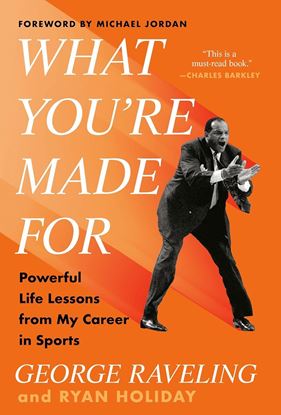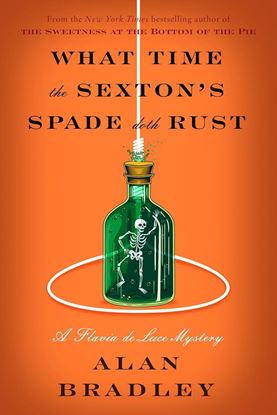

WHAT'S IN A KISS?
This is not how Liv wanted to see Jake Glasswell for the first time in ten years. Once her high school rival and the prom date who humiliated her, now a successful TV personality, he’s more attractive than he has any right to be. And he’s her Lyft passenger.
Since the prom night kiss that never was, Liv’s life has not gone to plan. She deferred Julliard to be with her mom during a crisis, and now swears she’s happy as a recently furloughed drama teacher going on no-strings dates. This weekend she’s maid of honor to her best friend, Masha, and, of course, Jake is the best man. But when Liv glares into Jake’s eyes as Masha says, “I do,” the universe turns on its axis and Liv is suddenly living a version of her life where prom night was the beginning of her and Jake, not the end, and it turns out he’s the love of her life. The catch? Her mom and Masha hate her now. What’s in a kiss? Maybe everything.
850
WHAT YOU'RE MADE FOR
Orphaned at just thirteen in a still-segregated Washington, D.C., George Raveling was introduced to a relatively unpopular sport—basketball—in high school. The rest, as they say, is history. Raveling went on to become one of the winningest coaches of all time, a mentor to legendary athletes, and a confidant of the sport’s greatest coaches, including Bob Knight and John Wooden. He convinced Michael Jordan to collaborate with Nike on the Air Jordan. He led the 1984 U.S. men’s Olympic team to their ninth gold medal. He even once owned the original, handwritten copy of Dr. King’s most famous speech after an unlikely stint as a bodyguard during the famous March on Washington.
Here, Coach Raveling tells the story of his extraordinary ascent, sharing incredible behind-the-scenes stories of his days working with the best in the game. But this book is more than a memoir—it’s a manual for life that presents surprising methods for harnessing your potential from a man who shaped the careers of so many legends. Raveling imparts lessons learned from his grandmother, his long career in basketball, and his lifelong habit of reading—to which he credits all his success.
1,500
WHAT TIME THE SEXTON'S SPADE DOTH RUST
Flavia de Luce has taken on the mentorship of her odious moon-faced cousin Undine, who has come to live at Buckshaw following the death of her mother. Undine’s main talent, aside from cultivating disgusting habits, seems to be raising Flavia’s hackles, although in her best moments she shows potential for trespassing, trickery, and other assorted mayhem.
When Major Greyleigh, a local recluse and former hangman, is found dead after a breakfast of poisonous mushrooms, suspicion falls on the de Luce family’s longtime cook, Mrs. Mullet. After all, wasn’t it she who’d picked the mushrooms, cooked the omelet, and served it to Greyleigh moments before his death? “I have to admit,” says Flavia, an expert in the chemical nature of poisons, “that I’d been praying to God for a jolly good old-fashioned mushroom poisoning. Not that I wanted anyone to die, but why give a girl a gift such as mine without giving her the opportunity to use it?”
1,500











